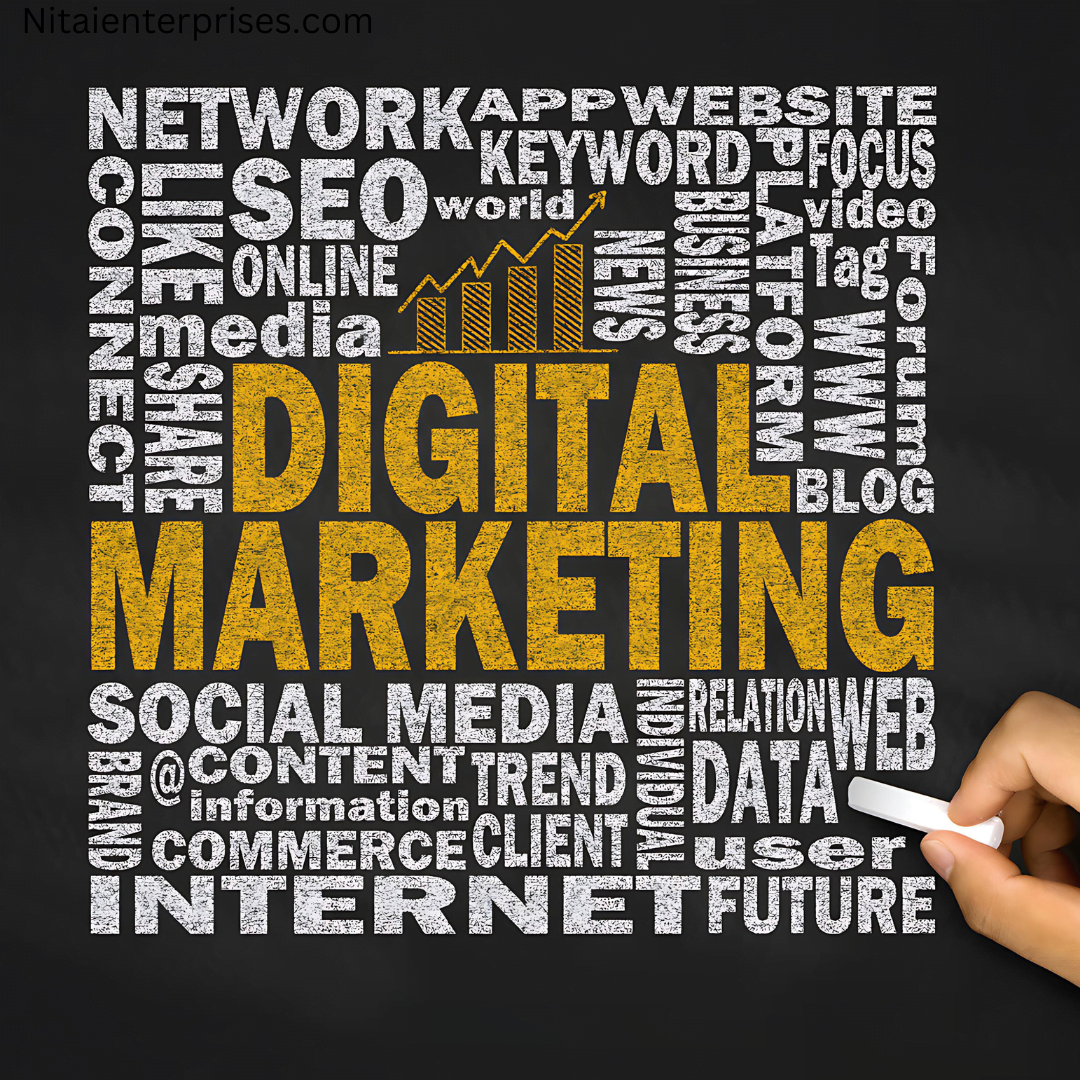Digital Marketing Predictions for 2024: What Trends Will Dominate?
As the digital landscape continues to evolve, marketers need to stay ahead of emerging trends to remain competitive. Here are the key digital marketing predictions for 2024 that will shape the industry and dominate strategies.
1. AI and Automation Take Center Stage
- Personalization at Scale: AI-powered tools will further enhance the ability to deliver personalized content and experiences. Marketers will use AI to analyze customer behavior and preferences, providing tailored recommendations and offers in real-time.
- Automated Content Creation: AI will be increasingly used to generate content, from social media posts to video scripts and even blog articles, making it easier to maintain consistent, high-quality output.
2. Growth of Short-Form Video Content
- Platform Preference: TikTok, Instagram Reels, and YouTube Shorts will continue to dominate, with brands investing heavily in short-form video content that is engaging and easily shareable.
- User-Generated Content: Brands will encourage users to create and share their own short-form videos, leveraging UGC to build authenticity and trust while expanding their reach.
3. Voice Search and Voice Commerce
- Voice Search Optimization: As smart speakers and voice assistants become more widespread, optimizing content for voice search will become a priority. This includes using natural language and answering common user queries directly.
- Voice Commerce: Consumers will increasingly use voice commands to make purchases, making it essential for brands to integrate voice search capabilities into their e-commerce strategies.
4. Influencer Marketing 2.0
- Micro and Nano Influencers: Brands will shift towards micro (1K-100K followers) and nano influencers (under 1K followers), who offer higher engagement rates and more authentic connections with their audiences.
- Long-Term Partnerships: Instead of one-off campaigns, brands will focus on building long-term partnerships with influencers to foster deeper brand loyalty and sustained engagement.
5. Augmented Reality (AR) and Virtual Reality (VR) Experiences
- Interactive Shopping: AR will be used to create virtual try-ons for products like clothing, makeup, and furniture, enhancing the online shopping experience.
- Immersive Brand Experiences: Brands will leverage VR to create immersive experiences, allowing customers to engage with their products in virtual environments, which can significantly impact buying decisions.
6. Sustainability and Social Responsibility
- Eco-Friendly Marketing: Consumers are increasingly looking for brands that prioritize sustainability. Marketing campaigns will highlight eco-friendly practices, ethical sourcing, and sustainability initiatives.
- Social Impact Initiatives: Brands will align their marketing efforts with social causes, showing their commitment to social responsibility, which resonates with conscious consumers.
7. First-Party Data and Privacy Concerns
- First-Party Data Collection: With increasing concerns about privacy and data protection, brands will focus on building direct relationships with their customers to collect first-party data through subscriptions, loyalty programs, and interactive content.
- Data Transparency: Being transparent about data usage and prioritizing customer consent will be crucial in building trust and maintaining compliance with privacy regulations.
8. Rise of Social Commerce
- Shoppable Posts and Livestreaming: Social platforms like Instagram, Facebook, and TikTok will enhance their social commerce features, allowing users to shop directly through shoppable posts and livestreams.
- Integrated Checkout Experiences: Streamlined checkout experiences directly within social media apps will reduce friction and improve conversion rates.
9. Content Marketing Remains King
- Quality Over Quantity: Brands will prioritize creating high-quality, valuable content that addresses customer pain points, educates, and provides actionable insights.
- Visual and Interactive Content: The use of infographics, interactive polls, quizzes, and visual storytelling will increase as these formats drive higher engagement and retention.
10. Focus on Customer Experience (CX)
- Omnichannel Integration: Providing a seamless, consistent customer experience across all touchpoints, both online and offline, will be crucial for brand loyalty and retention.
- Chatbots and AI-Powered Customer Support: The use of chatbots for 24/7 customer service will continue to grow, providing instant responses and improving the overall customer experience.
Conclusion
Digital marketing in 2024 will be defined by advancements in AI, the continued rise of video content, and a strong focus on personalization, customer experience, and social responsibility. By embracing these trends, brands can stay ahead of the curve, build stronger connections with their audience, and drive sustainable growth in a rapidly changing digital landscape.

